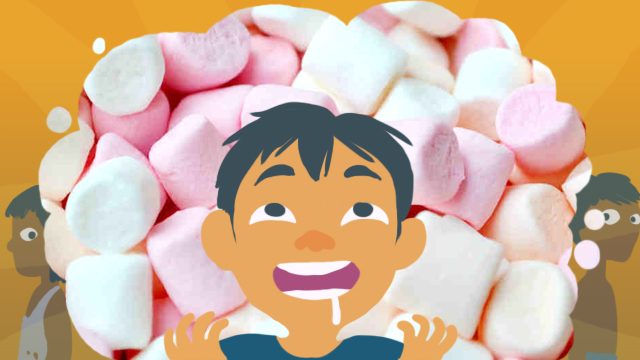SUMMARY
This is AI generated summarization, which may have errors. For context, always refer to the full article.

We look at childhood generally as a time of bliss – no pressure to get things done right away or correctly the first time. And it is true, there is a lot more room in childhood for mistakes. But for us adults who surround children and exercise responsibility over their care, what have we learned in science so far about childhood and how much of it we bring to adulthood? There is no fixed and foolproof formula but what we seem to be learning from studies is that childhood is a time for lot of things that will either make or break your life.
One of these is self-control. Accumulating evidence on children studies since the famous 1972 Stanford experiment coined as the “marshmallow test” up to more recent ones including the landmark 2010 longitudinal study on self-control, have been pointing to the control of the impulse for instant self-gratification as a good predictor of the “success” of these children as adults. Those who showed “self-control” as children as early as 3 years old more likely stayed out of jail, debt and illness over those who did not.
Another thing that can happen to you as a child that may scar you for life is being poor. A study last year revealed that poverty in children has been found out to be “gene deep”. Being poor stresses children out so much that that the telomeres of their genes (associated with longevity) shorten.
Recently, two more separate studies have come out making us think of what in childhood matters in adulthood.
First, a study of kindergarten kids tracked through early adulthood found that kids who had pro-social kills – the ones with the most empathy were more likely to find success 9 to 13 years into adulthood. ‘Pro-social” here does not necessarily mean your “popular” kid. It means that a kid who has learned to be able to imagine what another is thinking and feeling is more likely to be able to navigate the adult world more successfully than the merely “intellectual” one.
The kids studied were from poor backgrounds and as they became adolescents and adults, those who had better emotional and social skills did better in staying in school, holding jobs, and resisting drug use. This proves how skills that researchers classified as “non-cognitive” could actually trump cognitive skills in determining the adult futures of children.
A growing number of schools now requires them to do projects which require a multi-faceted approach to learning including major creative collaborations with their schoolmates. This is probably something that traditional ways of teaching and learning should think about giving way to if they promise “successful adulthood” to the children they are helping to raise.
The other study is a big one and it is a study across children in 12 groups in 19 countries which found that if kids perceive your intentions are not good, then they will more likely be more hostile. The key here is how they perceive your intentions. The 12 groups included a group of children from the Philippines.
For a kid to be able to read an intention as “hostile” presupposes a lot of priming by the environment. That is why areas with sustained conflict, including hostile neighborhoods come into focus as they could shape children’s minds to be too quick to read any provocation as hostile. And as the study said, if they do, it predicts their own aggressive behavior later on.
Many of the ways we were as children go deeply into who we become as adults. There is no magic shift that would just simply melt all the connections formed in childhood – whether it is about persistence or violence or other things. Look back on your childhood. What happened then that seemed to have made you now? – Rappler.com
Add a comment
How does this make you feel?
There are no comments yet. Add your comment to start the conversation.